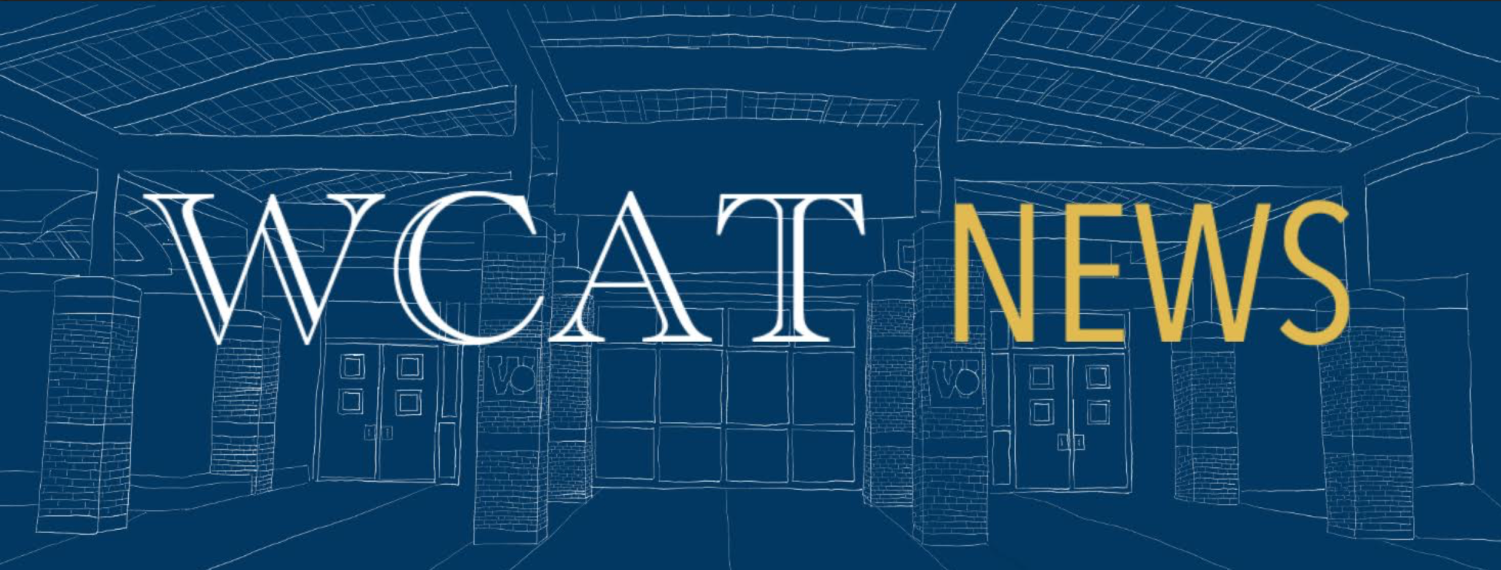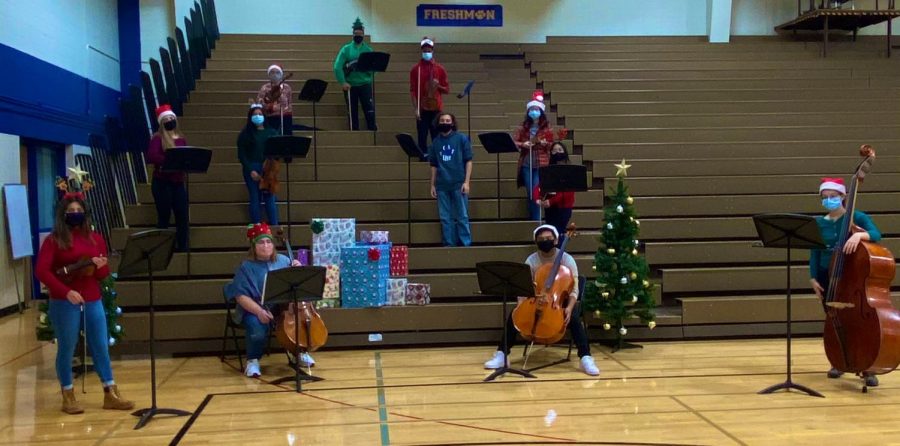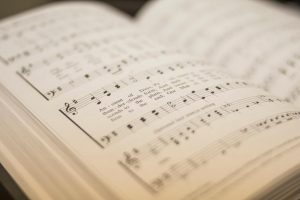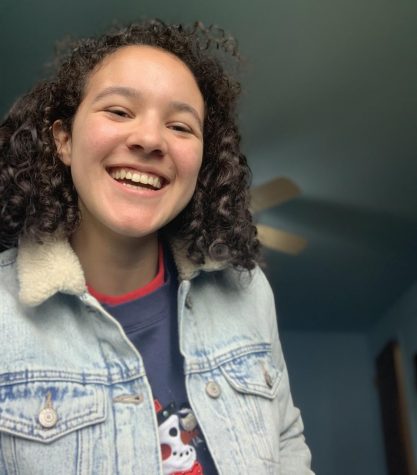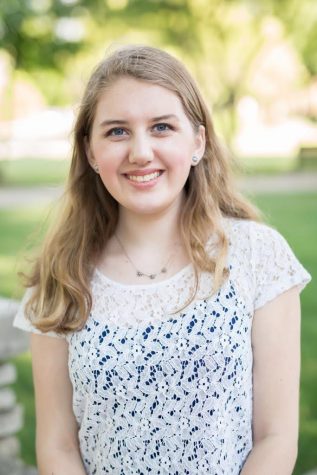Student Leadership in the Covid Era
Chamber Orchestra during their socially distanced holiday rehearsal (via @WHSOrchestra214 on Twitter)
December 15, 2020
Covid-19 has proved to be a test of perseverance for all. In terms of extra-curriculars, it has put student leaders in a difficult position. As leaders, we are expected to be role models and be a beacon of encouragement. How do we do that in a time where the future is so uncertain, and our year has been anything but ordinary?
Debate Captain Geneve Halfman, Senior believes adjusting to this year’s circumstances means adjusting your priorities. “When you get to your team, you have to have that social interaction in place,” Halfman says. “That could mean going to breakout rooms on bigger teams so that you’re able to talk in a group… and that could mean being the one to initiate it. Because a lot of people are afraid to speak up on zoom, and crack a joke or tell a weird story because it seems targeted like you’re presenting and not chatting. So I think it’s really important just to establish that this is an environment where that’s okay. Where you’re not off the task for socializing.”
Through remote learning, the lack of student social interaction, bantering, and bonding is extremely evident. Halfman continues, “We’re only interacting in this debate setting so the things that would bring us together before are a lot more challenging because it’s not a natural part of the conversation.” The mute button has done its job well – fewer people are talking with their peers and as a leader, it’s hard to encourage this interaction over a screen.
With extracurricular activities that were meeting in-person during the First Quarter, there was a different obstacle. Student leaders have had to make decisions about whether or not to be there for their peers because of the Covid-19 health risks. As Drum Captain and Percussion Section Leader, I [APB] felt conflicted because I didn’t want to let anyone down. As a Senior, there was also a voice in the back of my head saying I needed to take advantage of these last rehearsals while I still could.
For sports leaders like Kiannah Hayes, remote learning is a setback to practices, but it also provides some surprising opportunities. Hayes, a senior on the varsity girls’ volleyball team, tries to keep a positive attitude despite not being able to see her teammates face-to-face. “I feel like we all knew that there would be pieces missing from us,” Hayes says. “Whether it’s through sports, whether it’s through music, whether it’s through band… we all tried so hard to catch up, so I think that brought us together. But I think a lot of people needed this time to reflect on themselves and who they are, and so they’re just taking that time to figure [it] out.”
Rather than focus on her loss of volleyball time with her team, Hayes searched for new opportunities to be a leader. She organized Unity Day with friends, became an AVID ambassador, and joined a student board with the principal to discuss racial equity. Whatever she does, Hayes tries to reach out. “Now I have time for myself, but I need to find a way for me to make time for other people so that [they] know they’re not alone. I’m kind of battling with my mental health personally… it became hard, but I wouldn’t trade it for anything,” says Hayes. She may not always be able to lead on the court, but she can still set examples in her own life.
Spokesman’s editor-in-chief Kamila Walus, Senior, has found a different set of challenges during the pandemic. “Through Zoom meetings and emails and a lot of online stuff, trying to be a leader and trying to be there for people who depend on me can be a little bit hectic at times,” says Walus. “I know there’s only so much we can do through the internet, but also I think that leads to a lot of opportunities.” Walus collaborates with several journalism students to organize the website you see here. Everything from articles to logos to polls will most likely pass her examination at some point.
All that organization requires Walus to address the entire class often, which she says is much less stressful than getting up in front of a physical room full of students. This allows her to find a balance between different topics and people. “Working in a team can be difficult sometimes… Trying to work through hardships is the most important thing. Not everyone’s perfect,” Walus says.
Remote learning has also impacted the vocal program time and time again. I [ML] am grateful for how we have kept singing at home, but our chances to perform are slowly draining away. A huge part of choir— aside from the music— is built on personal connection. My fellow soprano section leaders and I have found it tough to motivate our classmates through a screen.
Luckily, the choir has found new ways to communicate through breakout rooms and various group chats. Though we can’t hear each other sing due to Zoom lag, we still offer questions and feedback to each other. Plus when we aren’t hard at work, we can talk about fundraisers or favorite memories or how the sopranos should be on Shark Tank together. In a way, we’ve preserved a piece of choir through our friendships.
It’s no mystery that Covid-19 has shut down many of the outlets students use to lead our peers. Through it all, we keep finding new challenges and possibilities to inspire the people around us. Hopefully, we can continue to adapt to this uncertain future.
